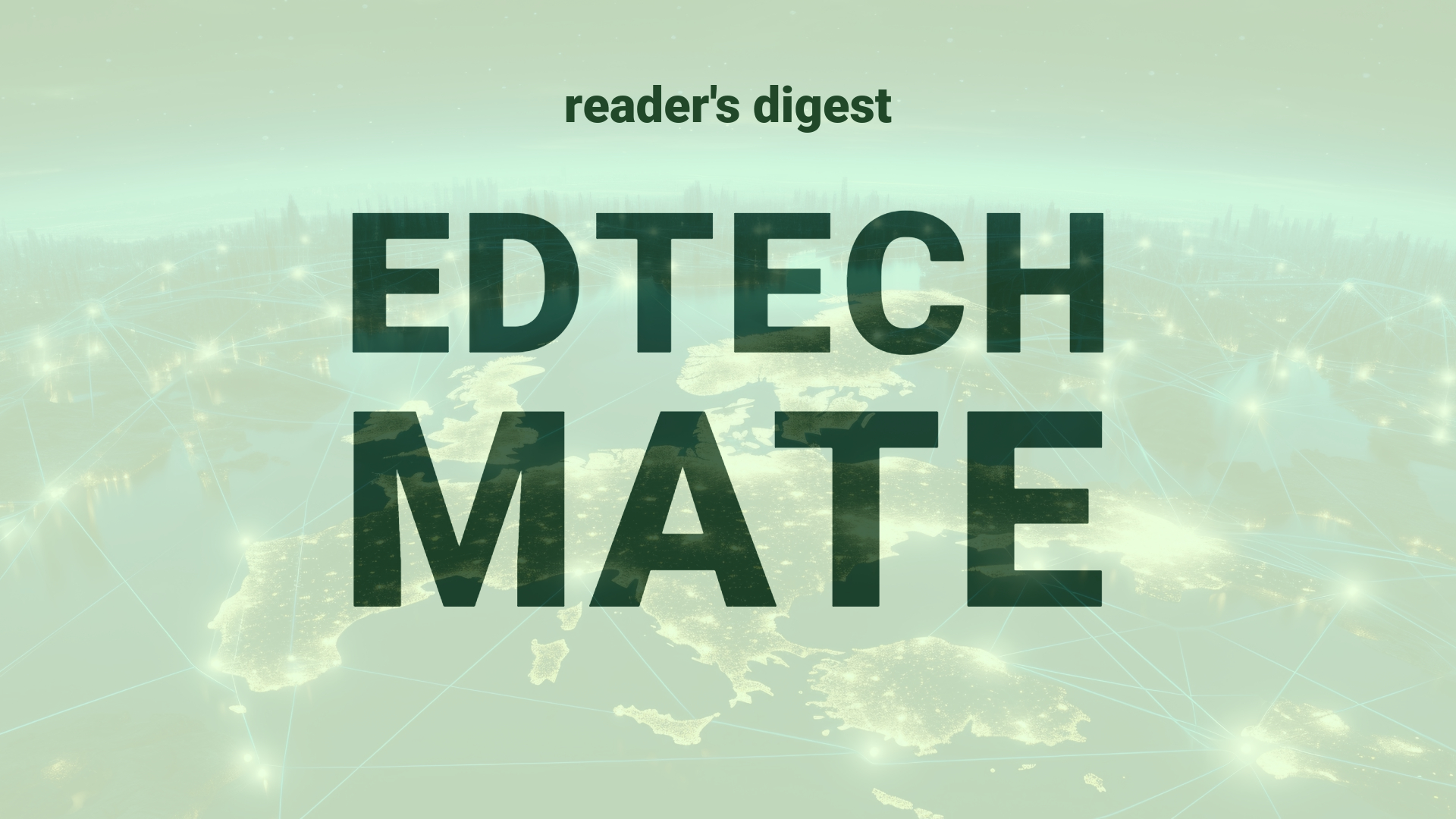Executive Summary and Main Points
The content addresses the importance of establishing boundaries in mentor-mentee relationships within a professional context. It highlights the challenges this dynamic may encounter, especially when personal topics are interjected, potentially causing discomfort. The main points stress the necessity of commitment, curiosity, and vulnerability, with vulnerability involving the ability to maintain healthy boundaries. Insights are given on understanding personal limits, the significance of communicating boundaries early and effectively, and the strategies for asserting boundaries in real-time should they be crossed. These points are particularly critical in the context of global higher education and the digital transformation of the education sector, where mentorship plays a vital role in professional development.
Potential Impact in the Education Sector
The concepts discussed could have profound implications for Further Education, Higher Education, and the proliferation of Micro-credentials. In these domains, mentorships are often central to both academic and career progression. Effective boundary-setting can lead to more focused and respectful mentor-mentee relationships, enabling clearer educational objectives and better personal wellbeing. With the growing trend towards digitalization, virtual mentorships can benefit from these insights, fostering strategic partnerships and enhanced digital communication that support the evolving landscape of international education.
Potential Applicability in the Education Sector
Integrating AI and digital tools in educational environments can personalize mentorship experiences, helping to identify and respect individual boundaries. AI-driven mentoring platforms can allow for preferences and boundaries to be set and communicated upfront, avoiding potential conflicts. Additionally, digital tools can facilitate mentor-mentee interactions across geographical barriers, which is crucial in global education systems, enabling more constructive and culturally sensitive partnerships shaped by clear mutual understanding.
Criticism and Potential Shortfalls
While boundary-setting is beneficial, it also brings challenges, particularly in diverse international settings. Boundaries may be influenced by cultural norms, and what counts as personal may vary greatly by culture. This nuance requires case-by-case consideration to avoid misinterpretation and unintended offense. In the context of digital mentorships, there’s the risk of miscommunication due to lack of physical cues and the potential for digital platforms to impede the development of deeper, trust-based relationships. Real-world examples show that even established systems struggle with these cultural and ethical implications, necessitating ongoing dialogue and sensitivity training.
Actionable Recommendations
In the context of international higher education, it’s recommended that leadership invests in training programs that emphasize cross-cultural communication and boundary awareness. Digital mentorship platforms should incorporate clear settings for boundaries and preferences to facilitate their expression and enforcement. Moreover, international educational leaders can foster a culture where boundary-setting is normalized through policy-making and mentorship frameworks that recognize individual needs. Experimentation with AI tools designed to detect and navigate cultural nuances in mentorship relationships could further enhance the quality and inclusivity of these connections.
Source article: https://hbr.org/2024/06/the-importance-of-setting-boundaries-with-your-mentor

